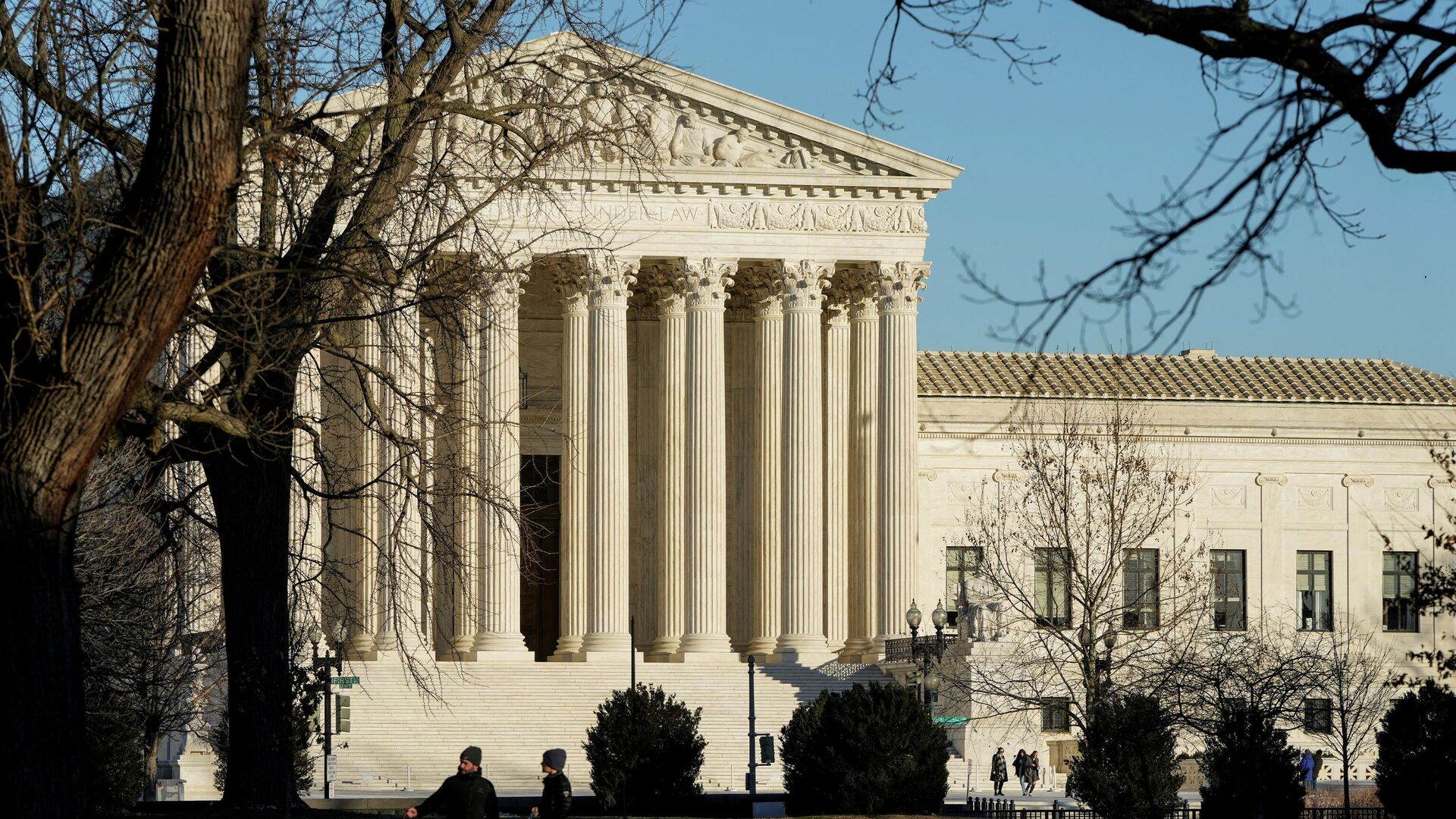US Supreme Court Says FBI Can Invoke ‘State Secrets’ to Evade Scrutiny of Post-9/11 Mosque Spying
20:42 GMT 04.03.2022 (Updated: 17:26 GMT 22.01.2023)

© REUTERS / Joshua Roberts
Subscribe
The US Supreme Court has ruled that the Federal Bureau of Investigation (FBI), the US domestic intelligence service and principal federal law enforcement agency, is not required to divulge “state secrets,” even to a judge whose court is weighing a case about them.
The “state secret” is why the FBI chose several mosques in Orange County, California, a densely populated suburban area southeast of Los Angeles, in the months and years after the September 11, 2001, terrorist attacks.
It was called Operation Flex: the FBI sent more than 15,000 undercover informants into mosques across the United States “to determine whether particular individuals were involved in the recruitment and training of individuals in the United States or overseas for possible terrorist activity,” as the bureau has described it. Those agents collected vast amounts of electronic data, including recorded conversations, and compiled long lists of names and phone numbers.
That surveillance was authorized by a purpose-made court established by the Foreign Intelligence Surveillance Act (FISA). The secretive courts are supposedly intended to safeguard the constitutional protections of Americans against undue surveillance, but operate almost with impunity. Ironically, they were created in the aftermath of several embarrassing revelations in the 1970s about overreaches by the extensive US surveillance apparatus.
One of those informants, Craig Monteilh, was sent into Orange County’s Muslim community in 2006 to spy on worshippers and help the FBI identify those who might become radicalized. After Monteilh began talking to adherents in the mosque about violent jihad, community members quickly reported him to the FBI. Two years later, following a falling out with the FBI, Monteilh called a press conference and blew the whistle on Operation Flex.
Three community members then brought a lawsuit against the FBI alleging the operation was “dragnet surveillance” unfairly targeting the American Muslim community. A federal judge in 2012 used the state secrets privilege, a principle established by the high court in 1953 to block the release of information damaging to national security - although the establishing incident was ironically revealed to have been a lie. In 2019, an appeals court reversed the 2012 decision, directing the court to review the evidence, including so-called state secrets. However, the decision was then appealed by the Trump administration, with the Supreme Court hearing their arguments in November.
“We have never suggested that an assertion of the state secrets privilege can be defeated by showing that the evidence was unlawfully obtained,” US Supreme Court Justice Samuel Alito wrote in the court’s unanimous Friday decision.
“The absence of any statutory reference to the state secrets privilege is strong evidence that the availability of the privilege was not altered in any way,” he said. “Regardless of whether the state secrets privilege is rooted only in the common law (as respondents argue) or also in the Constitution (as the Government argues), the privilege should not be held to have been abrogated or limited unless Congress has at least used clear statutory language.”
In other words, when Congress passed FISA in 1978, it didn’t explicitly modify the state secrets privilege, so the FBI can refuse to show evidence to anyone, even to a federal judge.
Alito, however, called their ruling “narrow” and bounced the case back down to a California court to establish a proper interpretation of the statute.
